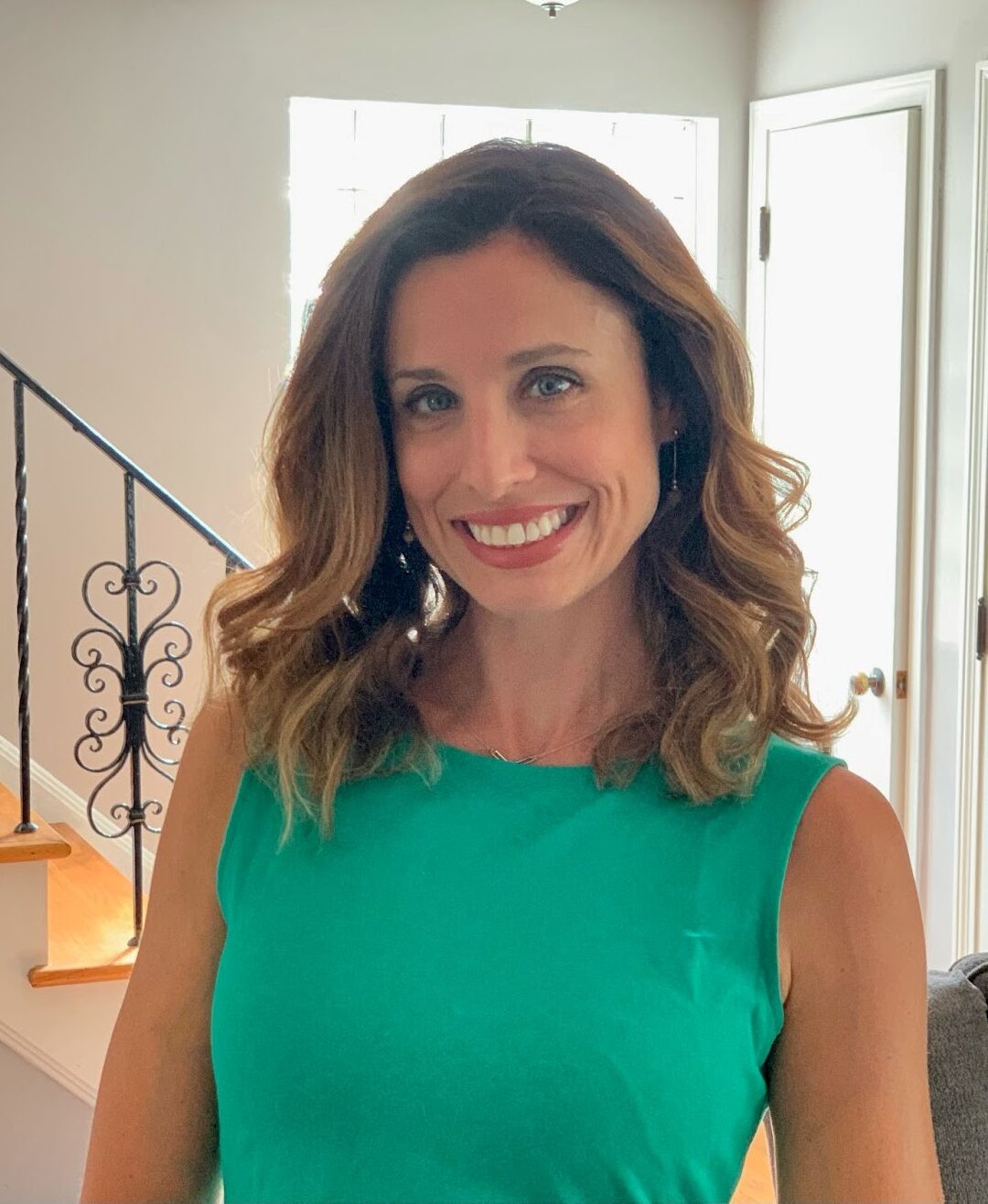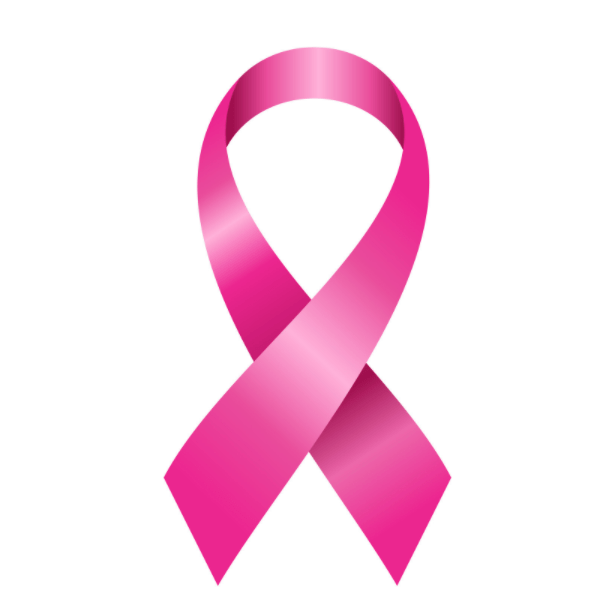Spring is just around the corner and change is in the air. Read the advice OAGC member Brandie Heald Leach has for those who may be considering a career change in our fourth OAGC Member Spotlight.
What lead you to a career in genetic counseling?
I first learned about genetic counseling in AP Biology in high school, and my attention was immediately captured. I have always been interested in genetics, and the field of genetic counseling sounded like the perfect blend of working in healthcare by being able to spend meaningful time with patients without needing to perform procedures, physically examine patients, or draw blood. I entered college with the goal of becoming a genetic counselor and was fortunate enough to get into graduate school right after completing my undergraduate studies.
What aspect of genetic counseling do you find the most rewarding?
When it comes to working in clinic, I am so enamored with seeing how each individual patient regards their diagnosis and/or family history with the interplay of genetic information as it relates to their current state. Every patient is so unique. I have so much gratitude for my patients who allow me to be part of their journey. More globally, I think we have really broad skill sets as genetic counselors, which has allowed me to adapt and grow as a professional.
You recently made a career change from clinic based work to industry. Will you share some insight as to what you considered when making this transition? What advice might you give someone considering a similar change?
It was a scary and exciting change all in one! There were two important elements that led to my transition. First, I really love doing clinical research. I was fortunate in my first job to have great mentors and a supportive team who encouraged and allowed me to do research. However, the challenge was I had to complete my research around my clinic responsibilities, and this became increasingly more challenging. When I saw a position arise in industry that would allow me to do more research, and with researchers/clinicians/colleagues around the world, I knew that was an opportunity for me.
Second, I knew I was burning out. Patient care is extremely rewarding but also challenging. After 15 years in clinic, coupled with the pandemic, I was struggling to be present for my patients. That was not fair to my patients, and I did not feel good about it. My advice to anyone considering a change is to know what you are passionate about, listen to your gut, and find opportunities that will help you grow.
What changes do you see occurring in the field of genetic counseling in the next five years?
I love seeing all the creative solutions to extending genetic counselors’ reach – especially things like chatbots! I work in oncology, and I think we are making our way to all cancer patients receiving germline testing. This will result in more post-test counseling for patients with positive or challenging results, really allowing us to work at the top of our license. This is a time for genetic counselors to shine and partner with our non-genetics colleagues to bring genetics into mainstream medicine.
If you could not be a genetic counselor, what career would you pursue?
I really love being a genetic counselor, so this is hard to answer, but I would say either a forensic genealogist or hairdresser.

